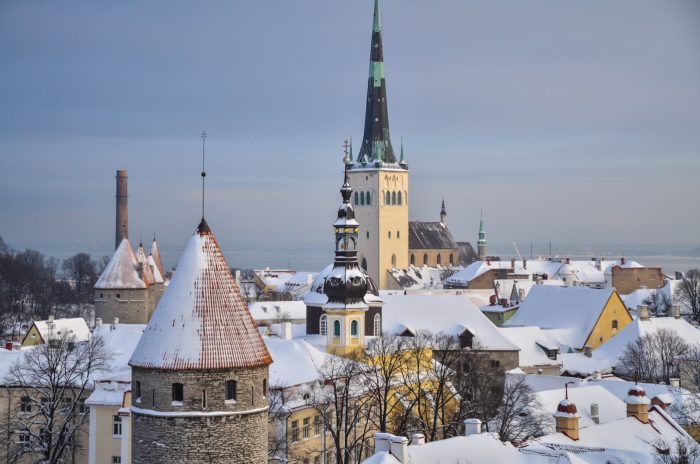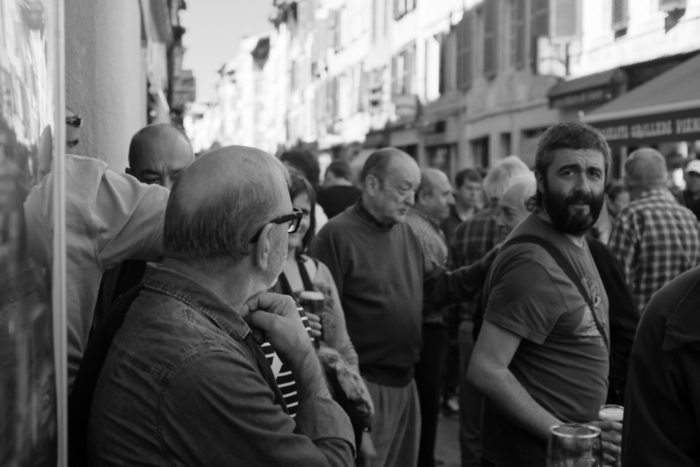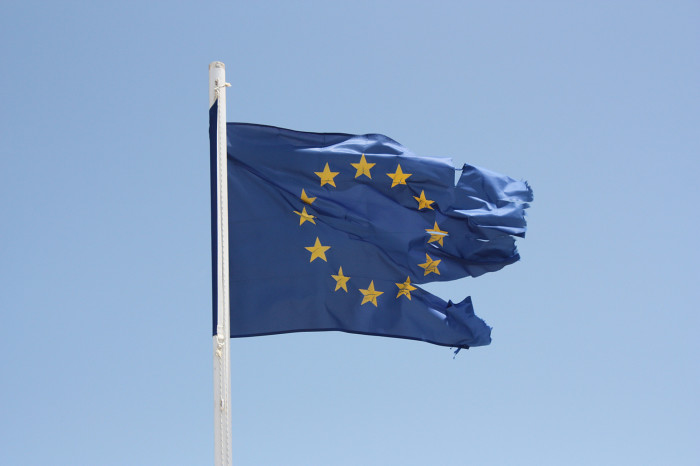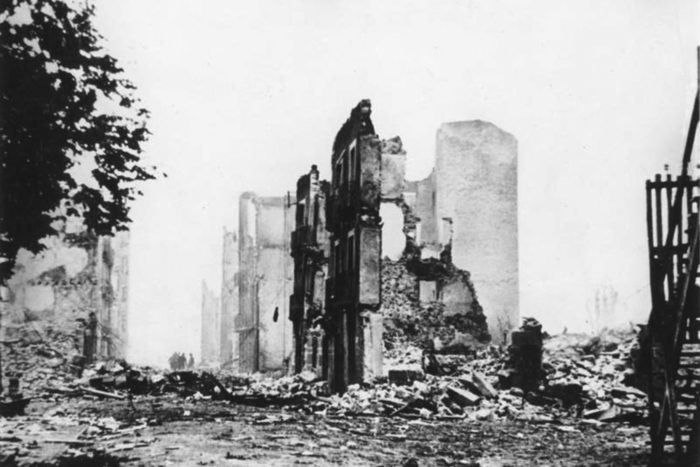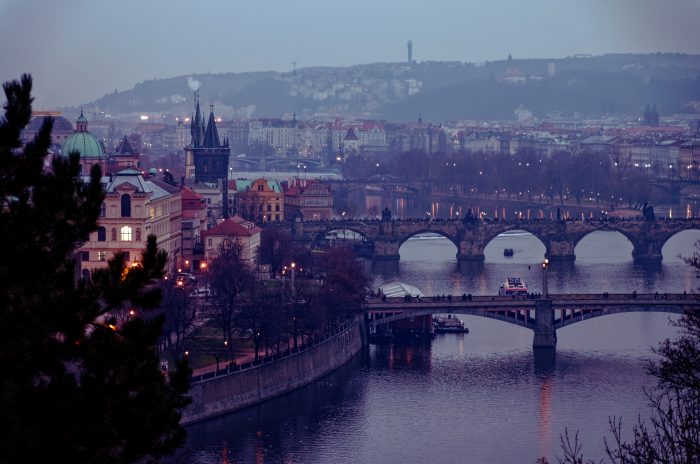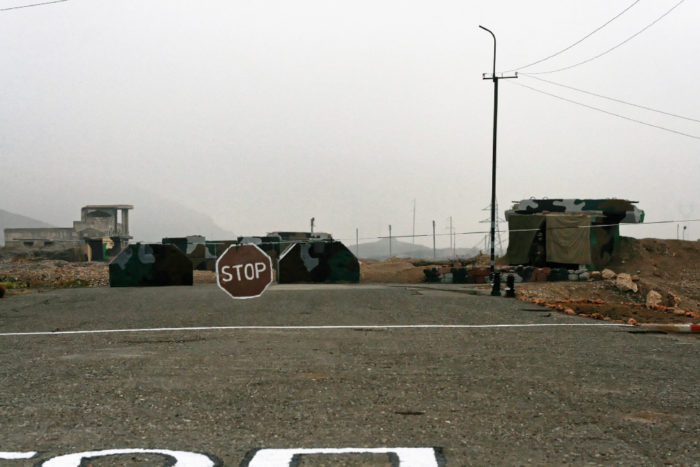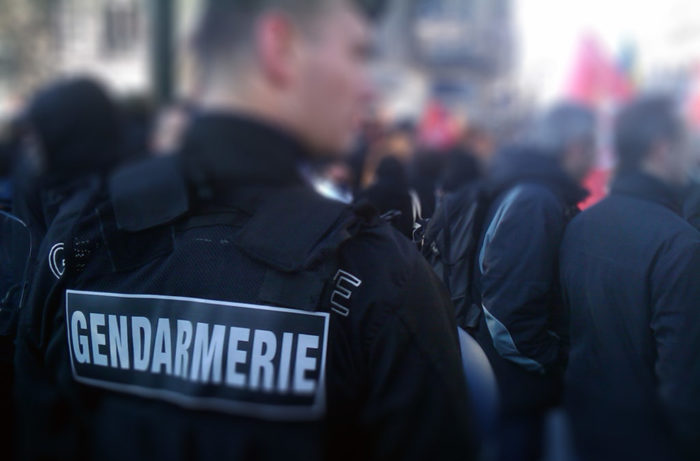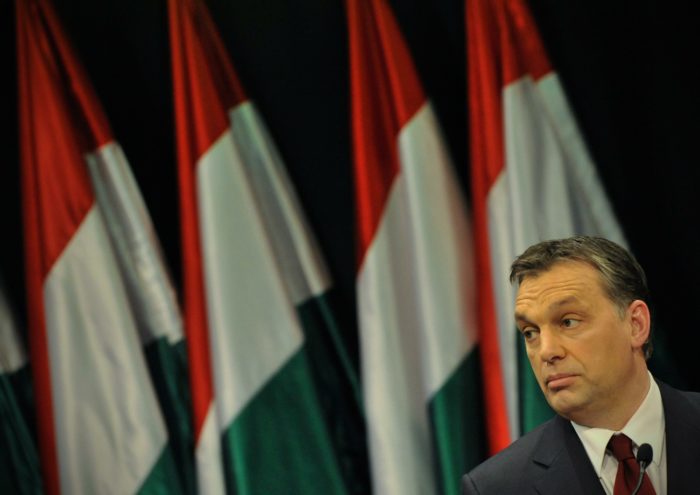As geopolitical tensions ramp up across the world, the Baltic region once again finds itself on the vulnerable edge of a frightening, but sadly familiar game of brinkmanship between Moscow and Europe.
More →-
The Baltic embrace
-
Memory of a Basque future
It is April 2017 and I have just found myself in the remarkable and privileged position of witnessing the moving end to an era that has spanned my entire life, almost to the year. The event? The final disarmament of the militant Basque separatist group ETA.
More → -
The Identity Papers: Exploring the limits of togetherness
Has the appealing notion of the common good, an idea that enabled the European Union to ‘float’, been replaced by the less appealing prospect of the common fate? Does this explain the risky, but increasingly prevalent clamour across nations for the option of jumping overboard?
More → -
The random power of fear
An attack last week at the main railway station in the German city of Düsseldorf adds itself to a growing list of random and unsettling attacks in normally peaceful cities around the world, and especially in Europe. We don’t have to go back far to realise that this is a tactic with many precedents. But what do we understand about these violent events and about our reactions to them?
More → -
Don’t call Europe tribal!
There are deep divisions forming in Europe, seemingly out of nowhere. But are these fracture lines mirroring much deeper and older lines of difference? It’s difficult to describe the trend without resorting to a term that is received by modern Europeans like an expletive. You can come up with any number of theories, but for God’s sake, don’t use the T word.
More → -
The reckoning: Truth and illusion with borders
The compelling phenomenon of a vast migration of refugees has shown us one crucial thing. Distant outsiders do not notice or observe our own tribal borders, the ones we think ought to be obvious.
More → -
The low moral high-ground
When we hear of major tragedies, along with sympathy for the victims, would be the reflexive response of ‘Thank God it wasn’t us.’ But what if it was ‘us’? We’d be asking ‘Why?’, ‘How could this happen?’ or ‘Who’s to blame?’ But in some tragedies, like the recent Paris attacks, along with outrage and shock, lies a silent but niggling thought ‘I hope it wasn’t somehow our fault …’
More → -
Hungary: Democracy distorted?
—a radio featureHow has Hungary gone from having one of the most admired legal systems in the world, to becoming the most worrying symbol of democratic decline within Europe? European Union was founded on the belief that all members wanted to distance themselves from the sorts of conflicts and closed regimes that defined much of the 20th century, but Europe was ill-prepared for the cascading side-effects of a crippling economic crisis.
More →

